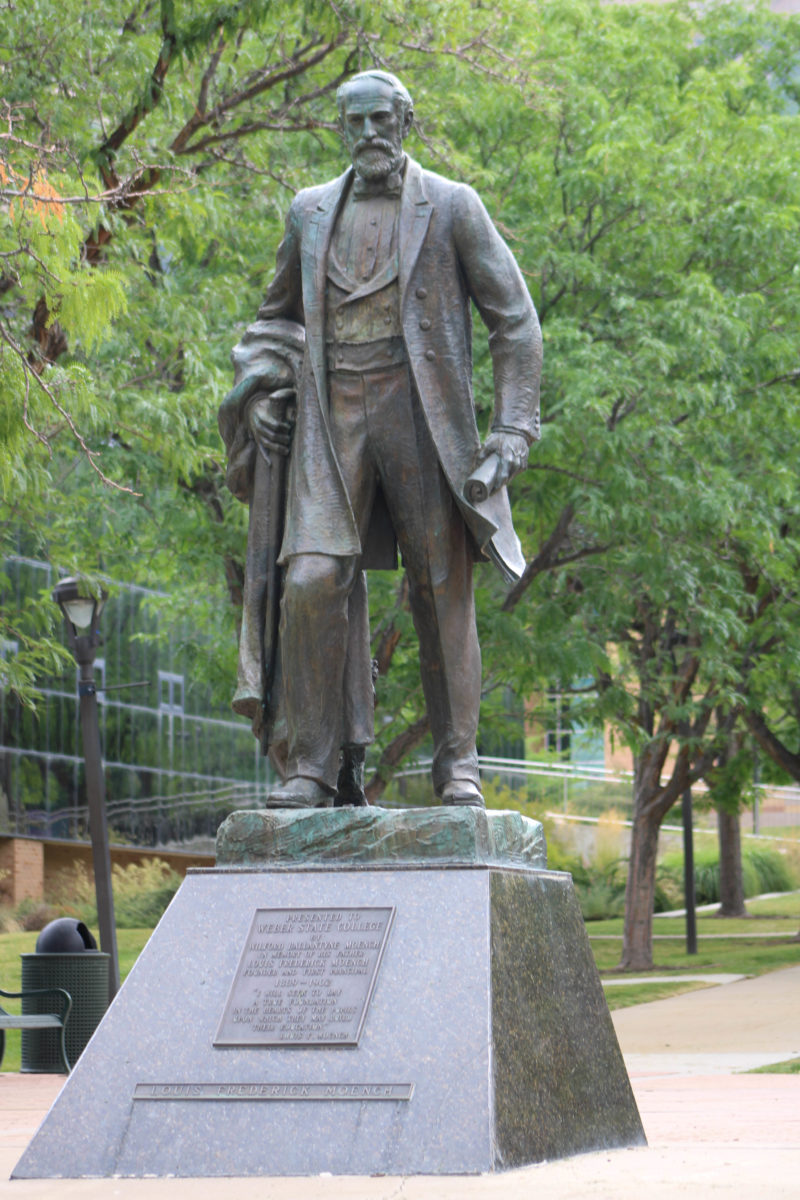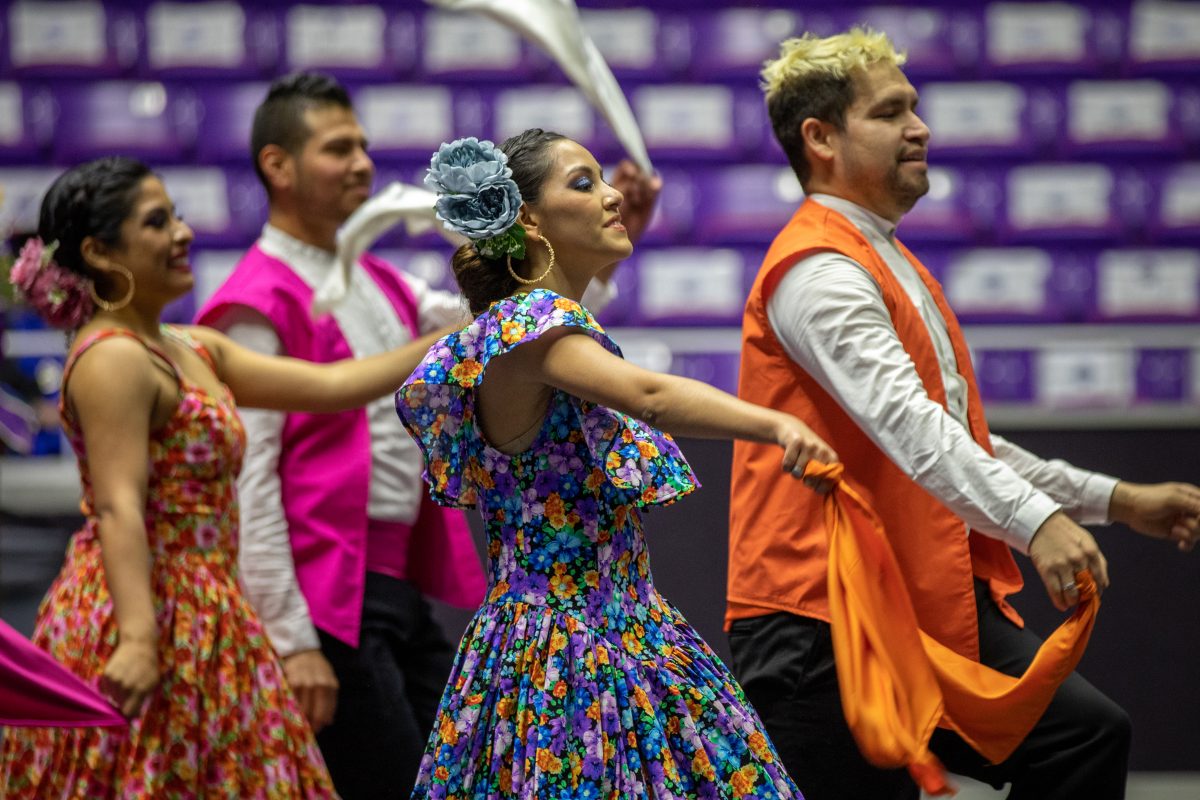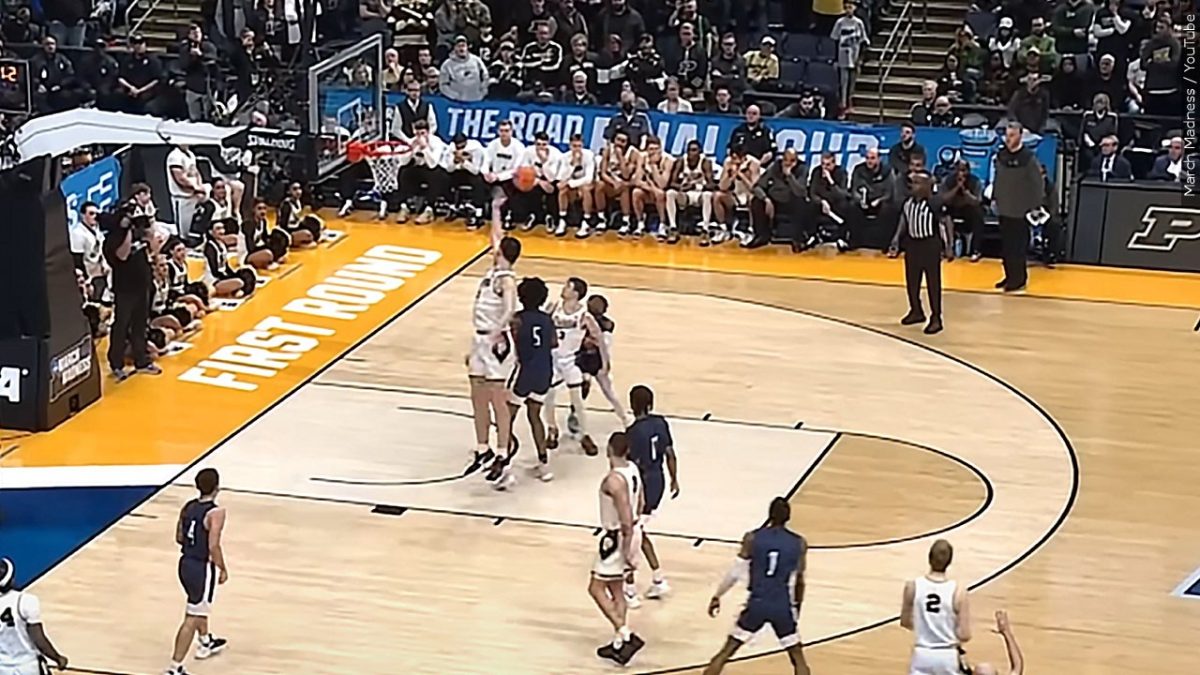Welcome to another “exciting” installment of “Misguided Muse,” where I ask the age-old question “what if?” and attach it to a seemingly generalized art form in an attempt to exploit the hidden nuances as to why those generalized definitions have the potential to be torn to pieces. The question this time is “what is poetry?” I was intrigued to ask this, because the definition written in the fine Webster’s Dictionary of our English language classifies it foremost as “writing that formulates a concentrated imaginative awareness of experience in language, chosen and arranged to create a specific emotional response through meaning, sound, and rhythm.”
We all know about poetry the noun. We were drilled about its various literary terms and form styles in high school English. Yet, after gruelingly memorizing the difference between a proper metaphor and analogy, and learning the traditional glory of iambic pentameter, which is used in all the classics, does the illusion become unintentionally shattered when you find it doesn’t even have to rhyme?
The dictionary definition gives it another meaning, calling it “something likened to poetry, especially in beauty of expression.”
Does the adjective attribute of the word completely undermine all the definitives the literary world seems to pride so much? In today’s world, “beauty of expression” could be categorized by some as the ranting monologues perpetually posted within a Twitter character limit. It could be the college coffeehouse cliche of taking an open-mic night by storm by uttering a string of one-syllable, unaffiliated, monotone words to the rapid beat of patron snaps and a restless bongo drum. Why go through all the work to learn the forms if they may only hinder the “beauty” I find in my “emotional expression”?
As a preferably creative writer, I have an anticipated loathing of the English grammar system, but only slightly more so than I do the restrictions of the poetic meter system. There are so many different types of poetry, even some from all over the world that we try to translate into English with limited success, that it seems overwhelming to keep control of stanzas and syllable counts just to have a formula for emotional expression.
For instance, one that I frequently tend to misshape is the Japanese form of mystic simplicity known as haiku. The poems are typically three lines with a preferred syllable count of five for the first and last lines, with seven syllables for the one smacked in between to help go with the typical syllable count of the native language. They are usually organic and natural in content, and have the exotic allure to Western culture as being able to being able to sound so profound on a subject matter in only so few words. However, the English-adapted syllable count hinders the meaning of haiku in some attempts because we take up so many syllables using grammatical “identifiers” that original language already implies. Then the translation comes out simple and unsatisfying, and in some of my attempts, I just end up ignoring the count altogether and just writing through profound lines with whatever amount of syllables I please in order to get my point across. An example on my part about what I’m actually trying to describe may be:
Correct Syllable Count:
Cherry blossoms fall
Silence that cries as each lands
Somberly I watch
Syllable count of someone like me, who likes to make evidence of the cultural symbolism of a cherry blossom being synonymous to the Japanese as a warrior fallen before his time in battle:
Cherry blossoms fleetingly falling
Their silence screams with unrequited passion of life in battle
I watch them with mournful wisdom
This is just an example, and some may say that it’s a half-baked example of an example of what I think I can express better by taking such liberties. Then again, that’s their own interpretation of the beauty of my expression, isn’t it?
I know there’s the obvious perspective about having to actually “learn” the rules of something before you break them all in the name of personal style. I’m sure it took E.E. Cummings quite some time to develop his meticulous poetry style instead of just saying, “Ya know what, screw capitalization. I just don’t feel like it, darn it!”
However, I merely have the simple belief that worrying too much about creating colorful poetry insides the lines of meter might end up ruining the simple ironic beauties of life poetry is used as an adjective for and one’s ability to express that in an open-canvas style. They very well may end up becoming one of those “oppressive forms.” Maybe there’s a certain poetry in lack of form as well.




















